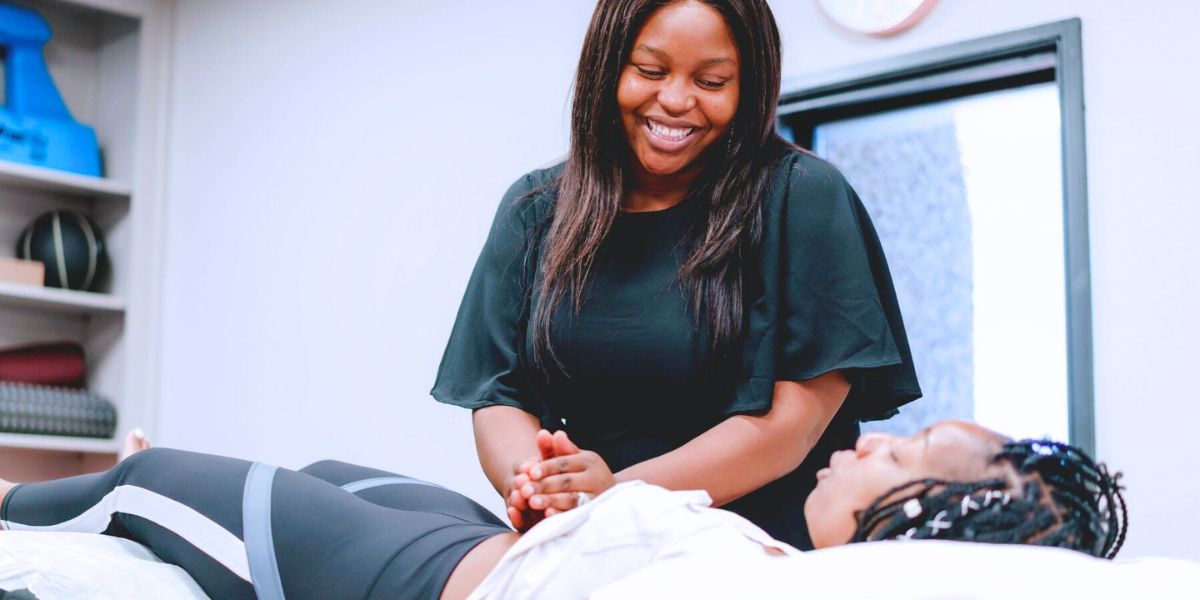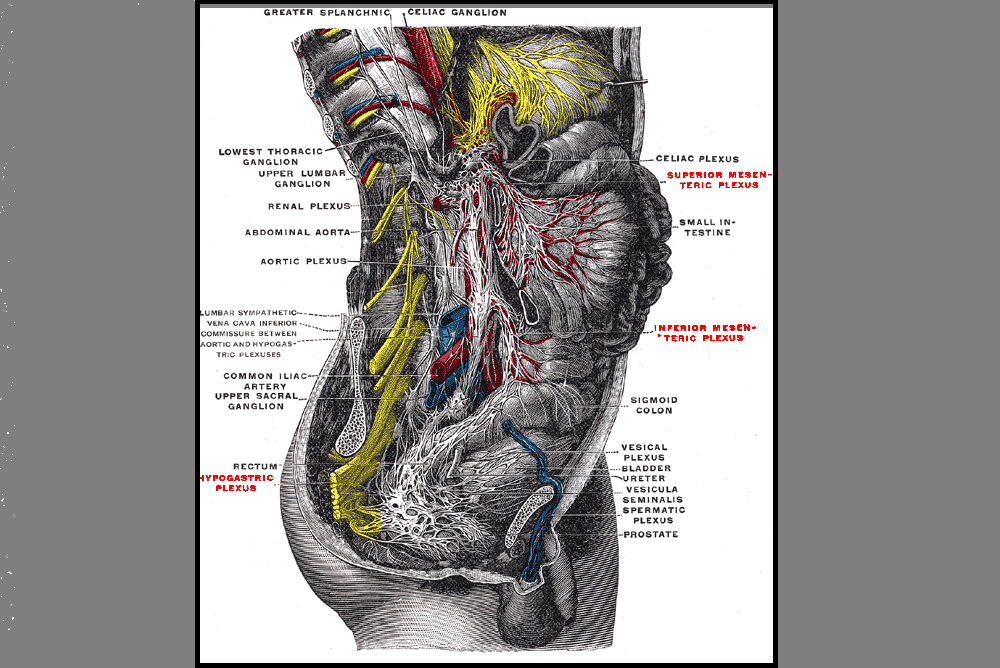Education Is the Key to Evolving as a Practitioner

In my first year of PT school, in the jumble of summer anatomy class and lab, the pelvic floor was briefly mentioned. The gist of the lesson was that it was a very in-demand field, there were not enough people doing it, and the majority of people affected were female. I was immediately intrigued, but also a little confused by the quick overview that was barely ever mentioned again until our special topics course 2 years later. By then, I was certain I wanted to learn more.
In my third year of PT school, I took the Herman & Wallace Pelvic Floor Level 1 (now Pelvic Function Level 1) course and entered my last clinical internship at a fully dedicated pelvic floor practice. The experience gave me exposure to the wide variety of pelvic floor issues that physical therapy can address. In school, it was mainly presented as something that was primarily addressed post-partum. In the clinic, it actually showed up as that coupled with a bulk of nulliparous patients of all genders and lifestyles with pelvic pain, complex cases with multiple co-morbidities, and incontinence in all age groups. This larger view of the field solidified my belief that pelvic floor rehab was being underutilized.
Through the following years, I worked in many different settings including hospital-based outpatient and private practices. Exposure to multiple populations across three states again broadened my view of pelvic rehab to something that could benefit so many people throughout their lifespan. In the summer of 2020, I began working under the mentorship of Raquel Perlis in her clinic in Wellesley, MA. Being one of the first pelvic rehab practitioners in the PT world, Raquel is widely known for her treatment of the chronic pelvic pain population. Together we addressed many cases of vaginismus, vulvodynia, SI joint pain, coccydynia, endometriosis, rectal pain, etc. Working with the pelvic pain population was both challenging and rewarding, as working with many chronic conditions in PT can be.
The experience of working with so many people suffering not just from the initial physical condition, but also from neglect, medical gaslighting, and shame, led to my decision to sign up for the Pelvic Rehab Practitioner Certification exam towards the end of my time in the Boston area in 2023. I knew I wanted to try to go out on my own in my next location and I believed that having the PRPC would give both me and my patients confidence in my skills as a practitioner operating independently for the first time. I had done most of my pelvic floor education with Herman & Wallace and mentors and for this reason, this was the best choice for me.
For me, seeing patients with pelvic pain has become my main interest. In my years of experience, no matter where in the country I am working, I see that the dismissal of pain, especially in women, LQBTQIA+, and nonbinary individuals, is all too common and often compounds the distress of those already suffering from physical discomfort. There have been multiple times when I or a colleague would be the first to acknowledge that a patient’s pain was even real. Too many were initially told by healthcare providers that the pain was in their heads or stemmed from anxiety. Of course, anxiety is often seen in the chronic pain population, but as a result of the pain they are experiencing, not the cause of it.
Gaslighting individuals with symptoms that are not easily explained has been an ongoing theme in the history of medicine and it continues to be an issue despite the advances we have made. It is estimated that innovation in the area of women’s health is at least 20 years behind other fields. We should not be dismissing what we do not know. The current structure of our healthcare system often does not give healthcare providers enough time or bandwidth to address complex pain and acknowledge what they cannot explain. That is the gap rehab providers like me seek to fill.
For me, patient education is without a doubt the most important aspect of my interaction with patients. Education is key to reducing anxiety over the unknown and giving people back power over their bodies. It is also preventative medicine. When a patient is taught how and encouraged to care for themselves, we prevent the recurrence of a condition or disease. Unfortunately, working together with patients to teach them how to care for themselves and repair their bodies is the important work that is often the first thing to be thrown out in a system built for acquiring as many high-paying codes in as little time as possible. Luckily, PTs and other rehab professionals are given a little more time with patients to help them understand their physical bodies and conditions.
Currently, I own and operate my own mobile pelvic PT clinic in Burlington, Vermont where I go to meet people where they are. This concept evolved over years of seeing busy individuals with long work hours, non-existent childcare, transportation issues, or all of the above struggle to make their recurrent follow-up PT appointments that often are scheduled for the middle of the day. My caseload now includes individuals as young as 15 as well as those who are middle-aged, post-partum, just out of college, and older adults.
Recently, I have been pursuing continuing education and training in helping people overcome pain and recover function post-op gender-affirming surgery, cancer treatment, and oncological surgery. I also have begun filling in as a teaching assistant at Herman & Wallace courses when I can. Education is not only important for patients, but I think it is also key to being an evolving practitioner and keeping the work ever new, interesting, and exciting. I hope to continue growing as an educator and eventually move into more teaching roles in the future.
BIO:
Rachel Martone, PT, DPT, PRPC, CYT graduated with her Doctorate of Physical Therapy from Hunter College in 2016 and has been working as a physical therapist in pelvic rehab for the past 8 years. Dr. Martone is a Certified Pelvic Rehab Practitioner with Herman & Wallace and has received her yoga teacher certification from Down Under Yoga. Currently, Rachel owns and operates her own mobile pelvic rehab clinic in Burlington, VT.
By accepting you will be accessing a service provided by a third-party external to https://hermanwallace.com/








































